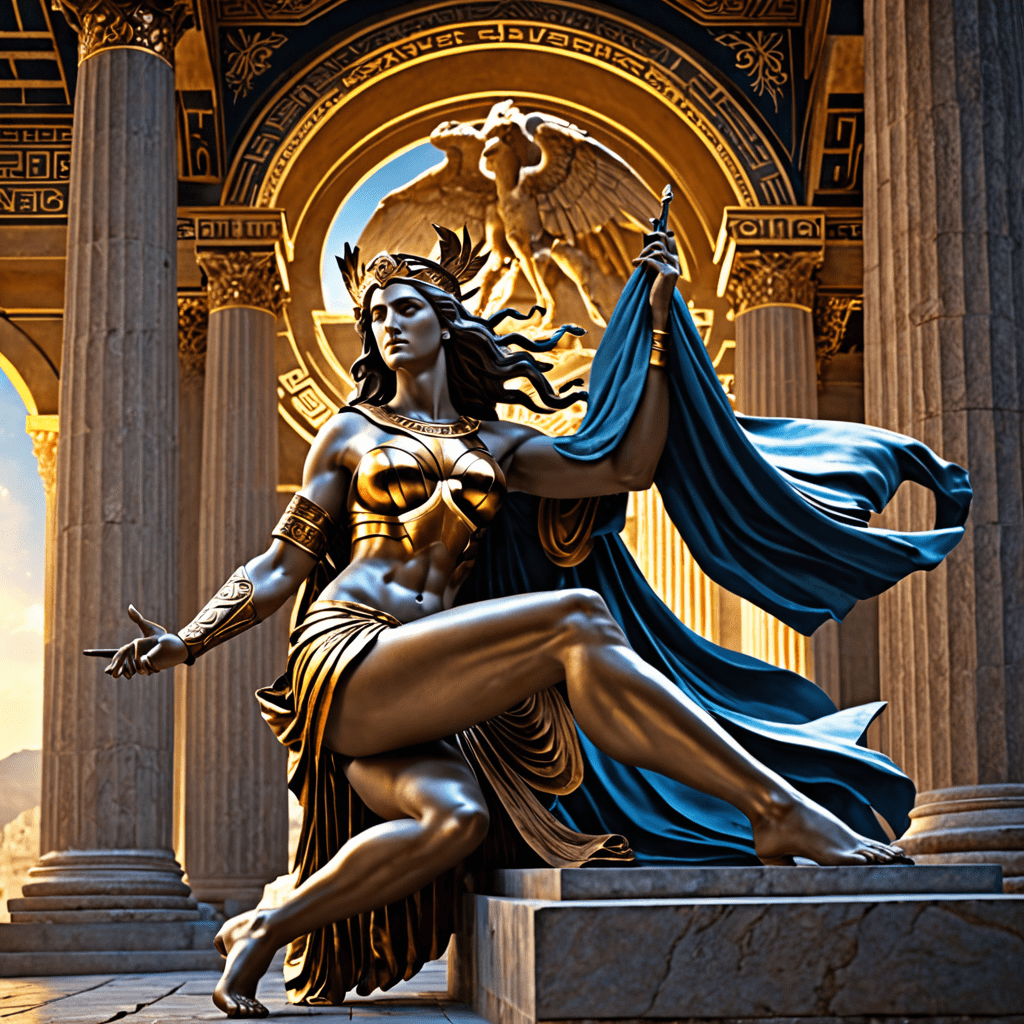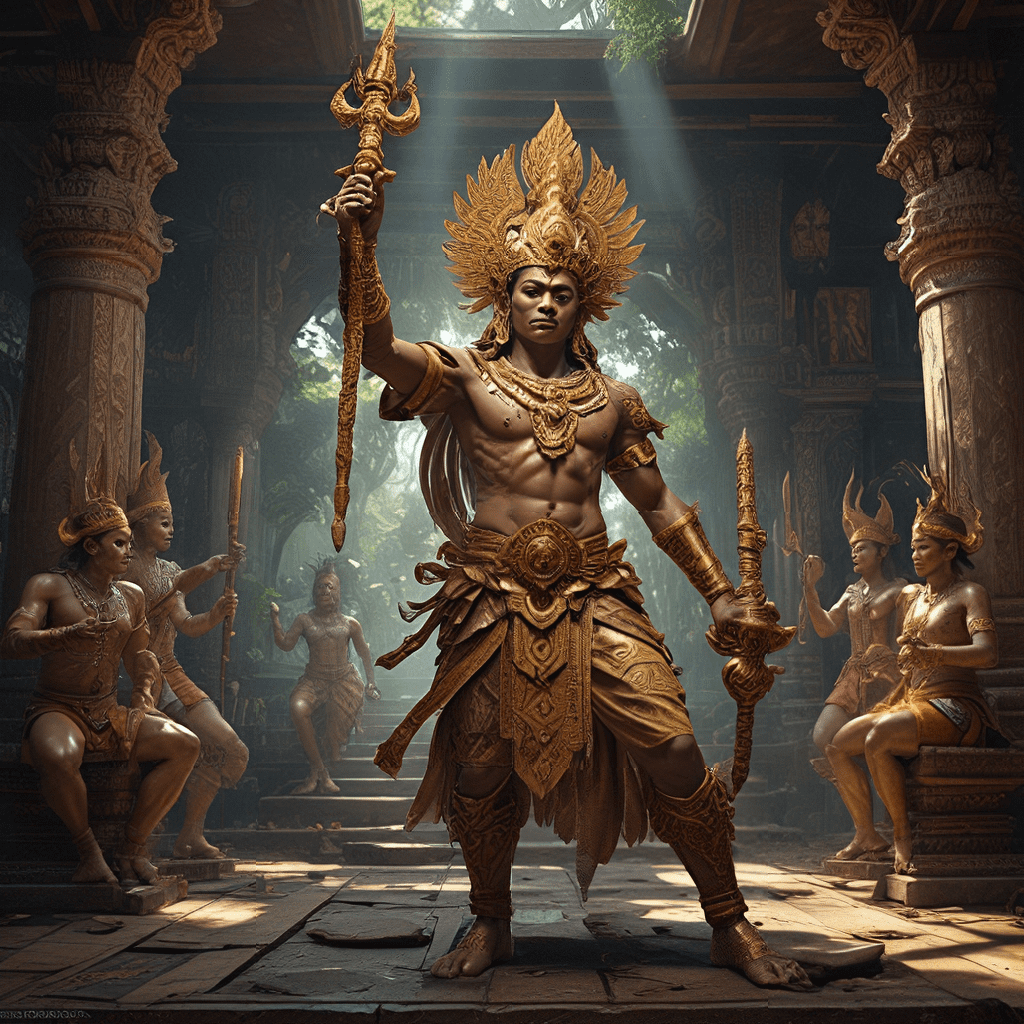Greek Mythology and the Concept of Destiny
Understanding Destiny in Greek Mythology
In the realm of Greek mythology, destiny played a crucial role in shaping the lives of gods, goddesses, and mortal beings. The concept of Moira, often referred to as fate or destiny, was believed to be an unalterable force that governed the events of the world.
In Greek mythology, the Fates, known as the Moirai, were three sisters – Clotho, Lachesis, and Atropos – who controlled the threads of life for every individual. Clotho spun the thread, Lachesis measured the length of one’s life, and Atropos ultimately cut the thread, signifying the end of a person’s life. This imagery symbolizes the idea that destiny was predetermined and could not be escaped.
The Oracles and Prophecies
Oracles were revered in ancient Greece for their ability to communicate messages from the gods and foretell the future. One of the most famous oracles was the Oracle of Delphi, where priestesses spoke in riddles, providing insights into people’s fates and destinies.
Prophecies also played a significant role in Greek mythology, often serving as cautionary tales or foreshadowing tragic events. The story of Oedipus Rex, for instance, revolves around a prophecy that foretold Oedipus would kill his father and marry his mother, ultimately leading to his own downfall.
Heroes and their Destinies
In Greek mythology, heroes like Heracles (Hercules), Perseus, and Achilles were often subjected to challenges and quests that were tied to their destinies. These heroes faced trials and tribulations, battling monsters, overcoming adversity, and fulfilling prophecies along the way.
Heracles, for example, had to complete twelve labors as atonement for killing his family under the influence of Hera. These labors were seen as part of his predetermined destiny, showcasing the interplay between free will and fate in Greek mythology.
The Legacy of Destiny in Modern Culture
The concept of destiny in Greek mythology has left a lasting impact on modern culture, inspiring literature, art, and films that explore themes of fate, free will, and the consequences of one’s choices. Works like “The Odyssey,” “The Iliad,” and “Oedipus Rex” continue to influence storytelling and shape our understanding of the complexities of destiny.
In conclusion, Greek mythology presents a rich tapestry of stories that delve into the intricate nature of destiny and how it intertwines with the lives of gods, heroes, and mortals. Whether through the threads of the Fates or the pronouncements of oracles, the concept of destiny remains a central theme that continues to captivate audiences and provoke contemplation on the mysteries of fate.

Frequently Asked Questions about Greek Mythology and the Concept of Destiny
What is Greek Mythology?
Greek Mythology refers to the body of myths and legends originating from ancient Greece. These stories often involve gods, goddesses, heroes, and mythical creatures and have been passed down through generations to explain the origins of the world, natural phenomena, and human experiences.
What is the Concept of Destiny in Greek Mythology?
In Greek Mythology, the concept of destiny, or “fate” (moira), plays a significant role. It is the idea that certain events are predetermined and inevitable, regardless of one’s actions or choices. The Fates, three goddesses known as Clotho, Lachesis, and Atropos, are believed to control the thread of life, determining the destiny of each individual.
How does Destiny Influence the Lives of Characters in Greek Myths?
Destiny shapes the lives of characters in Greek myths by influencing their choices, actions, and outcomes. Despite attempts to defy fate, such as the prophecy of Oedipus, ultimately, destiny prevails. Characters often face tragic consequences when they try to avoid their preordained destinies, highlighting the power of fate in Greek mythology.


